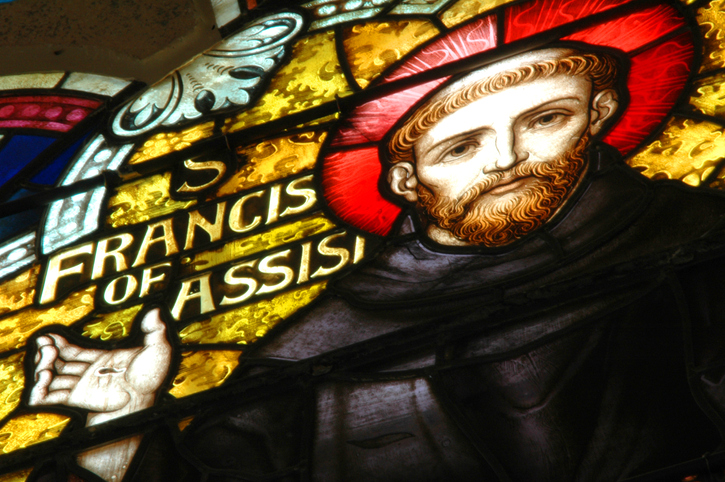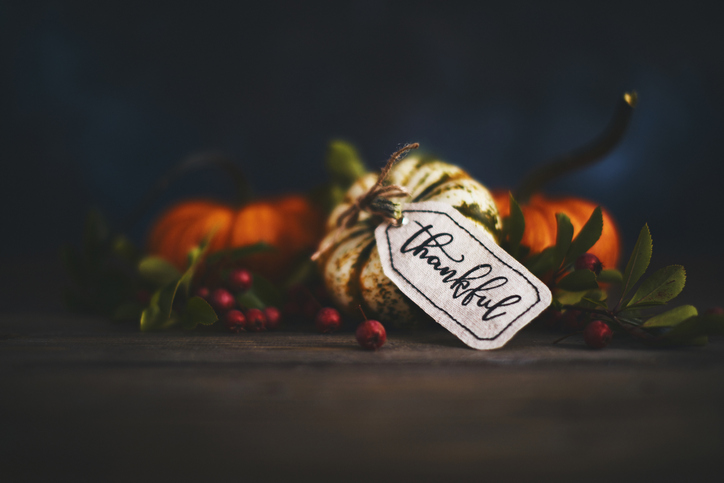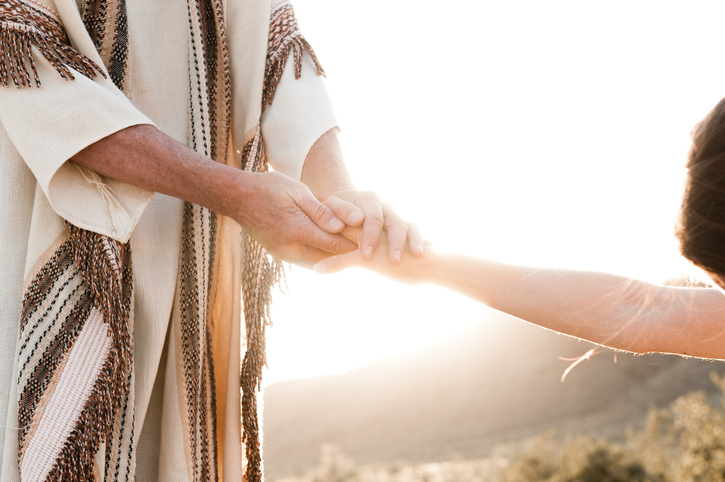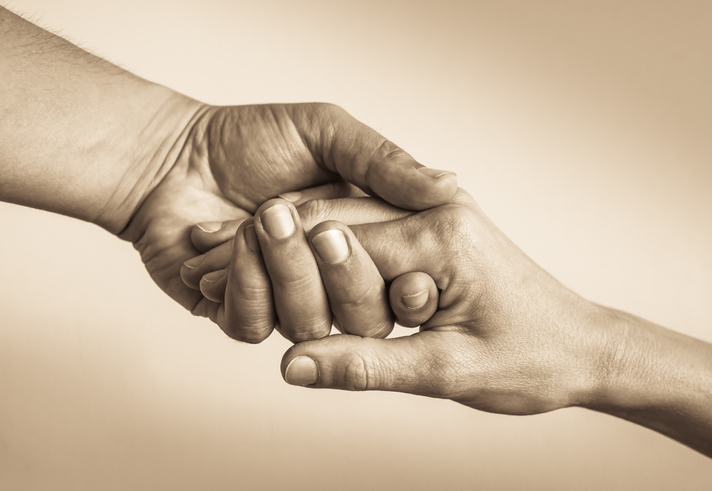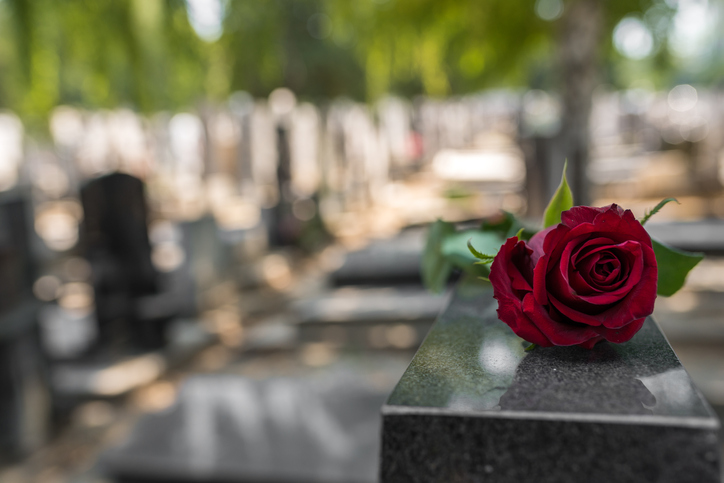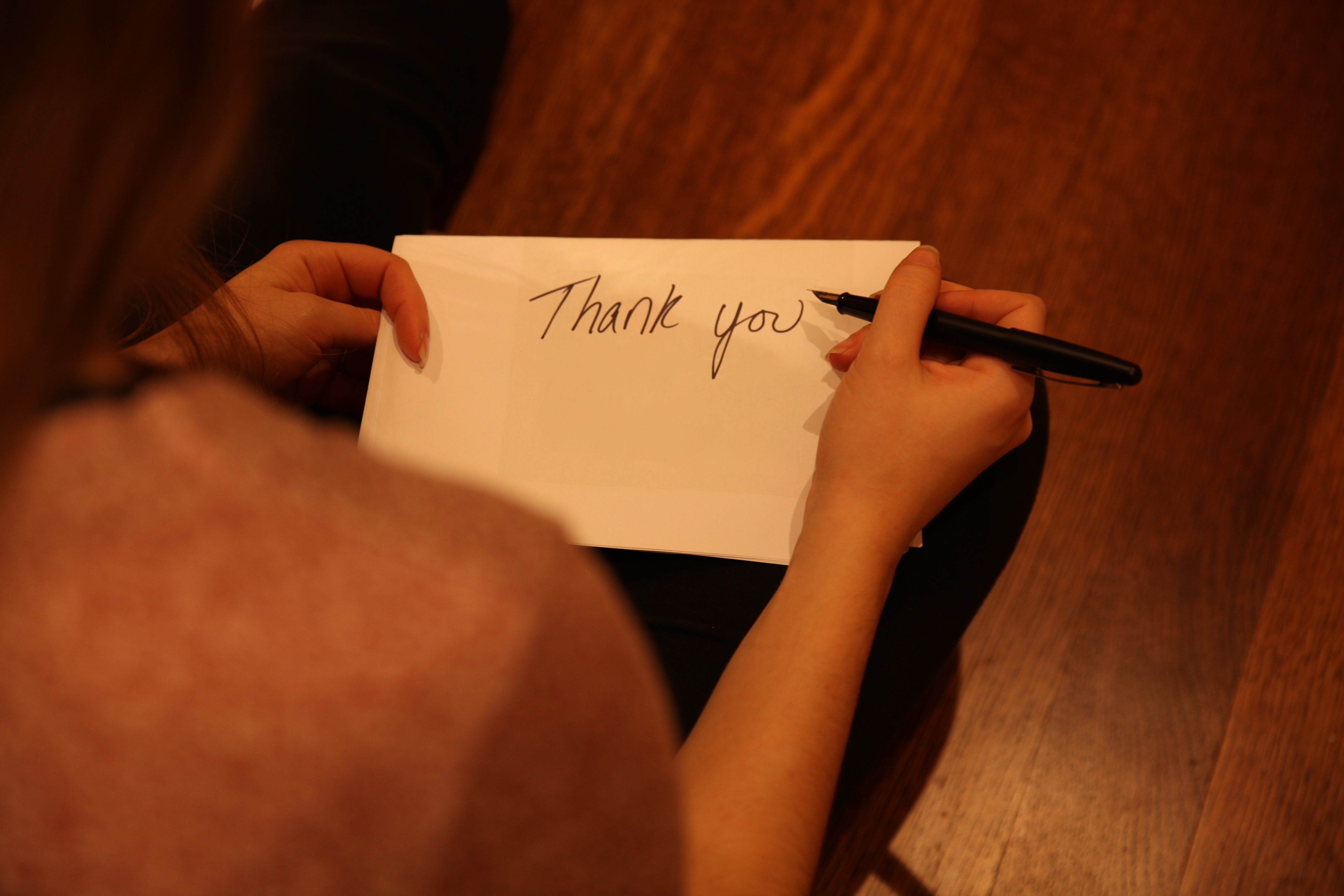Today’s Gospel is short and sweet and yet beautiful deep and reflective.
“He said, ‘I tell you truly, this poor widow put in more than all the rest; for those others have all made offerings from their surplus wealth, but she, from her poverty, has offered her whole livelihood.’”
We often hear this passage when urged to give alms to the Church or to the poor. Some people may even resent this passage for that exact reason. They may say, “What if I don’t have anything to give?” Whether we believe it or not, we all have something to give to the Lord.
Just over two weeks ago at Mass on November 11, we heard Mark’s version of this same Gospel (Mk 12:41-44). In honor of that passage, I had arranged that Sunday to be “service project day” for my parish’s youth ministry program. Like the poor widow who offered all that she had to the treasury, we were going to offer our livelihood as only teenagers could – by giving of their extremely precious and limited free time to serve the less fortunate.
I had big plans for this service project day. Initially, we were going to rake leaves at the cemetery on our church’s property in honor of November being the month for remembrance of the dead. We were going to open with the Divine Mercy Chaplet, do a small teaching on the importance of service in discipleship and offer Confessions so that the teens could obtain an indulgence for their service. It was one of my favorite service projects I did as a youth group teen so I was excited to bring it back for my current group.
True to form in youth ministry, I had to adapt and went through a couple of different versions of the plan before finally settling on a new service project idea, one that didn’t require us to brave the worsening Cleveland weather. I gave the teens two choices – we could either make thank you cards for veterans in honor of Veterans Day or start and continue making Christmas cards for nursing home residents. I saw merits to both options and left it up to the teens to decide. I wanted them to take some ownership with this service project.
To make a long story short, service project day did not go quite as I had planned and it caused a little crisis of faith as I began to doubt my ability to be an effective youth minister. That day has since offered me a lot of opportunity for reflection about the relationship between ministry and livelihood.
Nobody goes into ministry for the money. I certainly didn’t, and any youth minister, DRE, parish staff member, etc. would tell you the same in a heartbeat. Sometimes, we have to find other ways to give of our livelihood, usually through our ministry.
On that service project day, I felt like I was unable to give the teens anything. I was questioning, doubting and a little upset – not good qualities you want to bring into any ministry setting. As I sit back now and reflect, I gave more of myself, my livelihood, than I realized. Being simply present to the teens that day after a long Saturday at work. Staying up until 1 am the night before to cook lunch to feed them at youth group. Being able to have more personal conversations with the teens that did show up. And more little things I probably don’t realize. I hope and pray that giving out of the poverty of my spirit that day was enough for the teens.
What I hope you take from this reflection is that there are many other ways to offer our livelihood following in the spirit of the poor widow. Especially in this upcoming season of Advent, we are told to prepare for the coming of the Lord through prayer, fasting and almsgiving, just like the season of Lent. Even if you cannot make monetary donations, I urge you to make room for the Lord in your heart by giving of your livelihood in a different way.

Erin is a Parma Heights, Ohio, native and a 2016 graduate of Franciscan University of Steubenville. She uses her communication arts degree in a couple of different ways: first, as an Athletic Communications Assistant at Baldwin Wallace University and, secondly, as a youth minister at her home parish of Holy Family Church. Although both of her jobs are on complete opposite spectrums, she truly enjoys being able to span the realm of communications. You can follow her on multiple Twitter accounts – @erinmadden2016 (personal), @bwathletics (work) and @HFVision (youth ministry).



